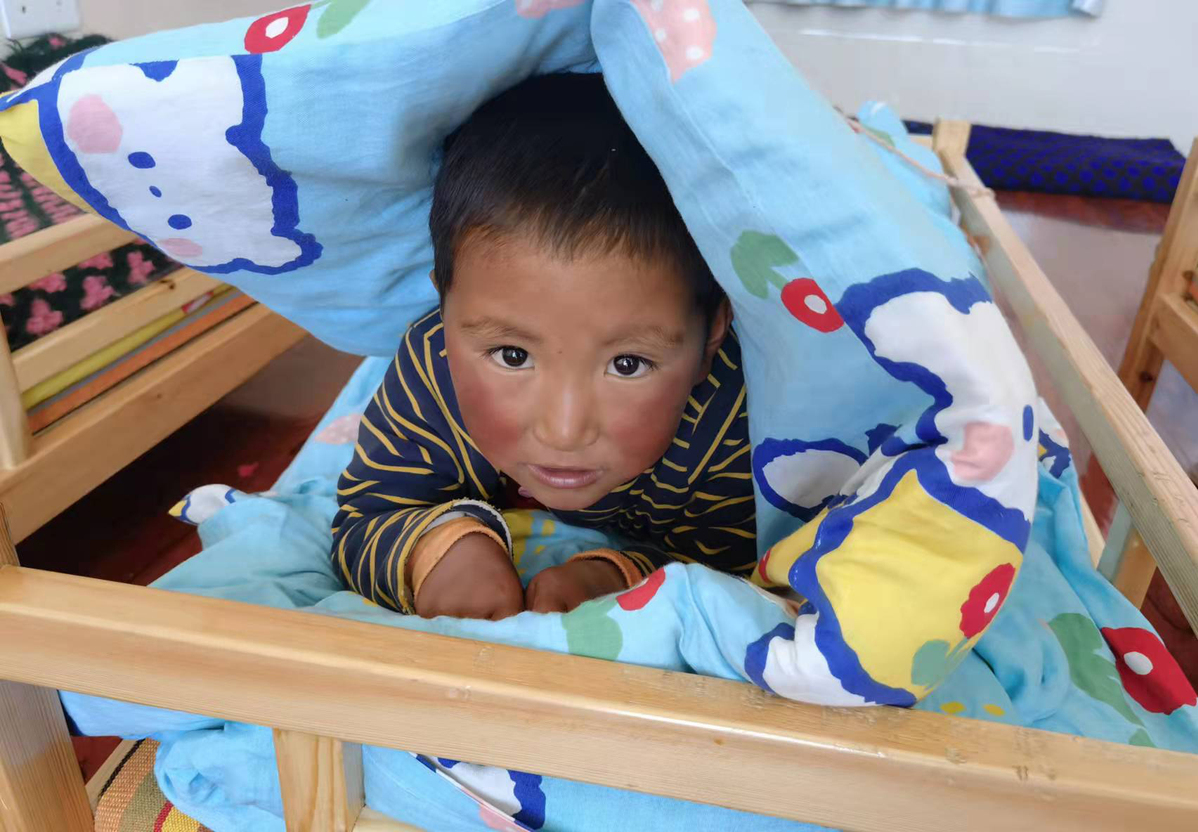Tibet makes progress for women, children


The Tibet autonomous region made significant progress for children and women between 2015 and 2020, according to officials at a news conference on Monday.
The region's working committee on children and women reported that Tibet's hospital delivery rate increased from about 90 percent in 2015 to more than 96 percent last year; infant mortality declined to 76.6 per 1,000; and maternal mortality dropped to 48 per 100,000.
Committee official Ngakwang Drolma said that hospital delivery is the most important part of maternal and infant safety, and problems have reached their lowest point ever in the region.
"A series of preferential policies have been issued to ensure the safety of mothers and infants in Tibet," Ngakwang Drolma said. "We fully reimburse pregnant women from rural areas who choose to have babies in hospitals, and we give a subsidy of 1,000 yuan ($157) to the pregnant women."
The region invested more than 157 million yuan between 2015 and 2020 to build a regional hospital for women and children.
Meanwhile, the region also has been making big efforts to improve education conditions for women and children. The average annual growth rate of government investment in education is 15.75 percent, and 15 years of free education from preschool to high school has been established, officials said at the news conference.
Hu Zhiguo, an official from the region's education department, said the regional government has raised the subsidy standards of students 18 times since the region began its free education policy in 1985. The annual average subsidy for each student is currently 4,200 yuan.
"The number of educational subsidies has reached 40," Hu said. "The policies benefit students from all school segments, public and private, and families with financial difficulties."
- A glimpse of Xi's global insights through maxims quoted in 2024
- China's 'Ice City' cracks down on ticket scalping in winter tourism
- Iron stick yams revitalize Wenxian county
- Party chief of Guilin under investigation
- Two radio telescopes put into use to support deep space exploration
- Joint action transforms Mekong region




































